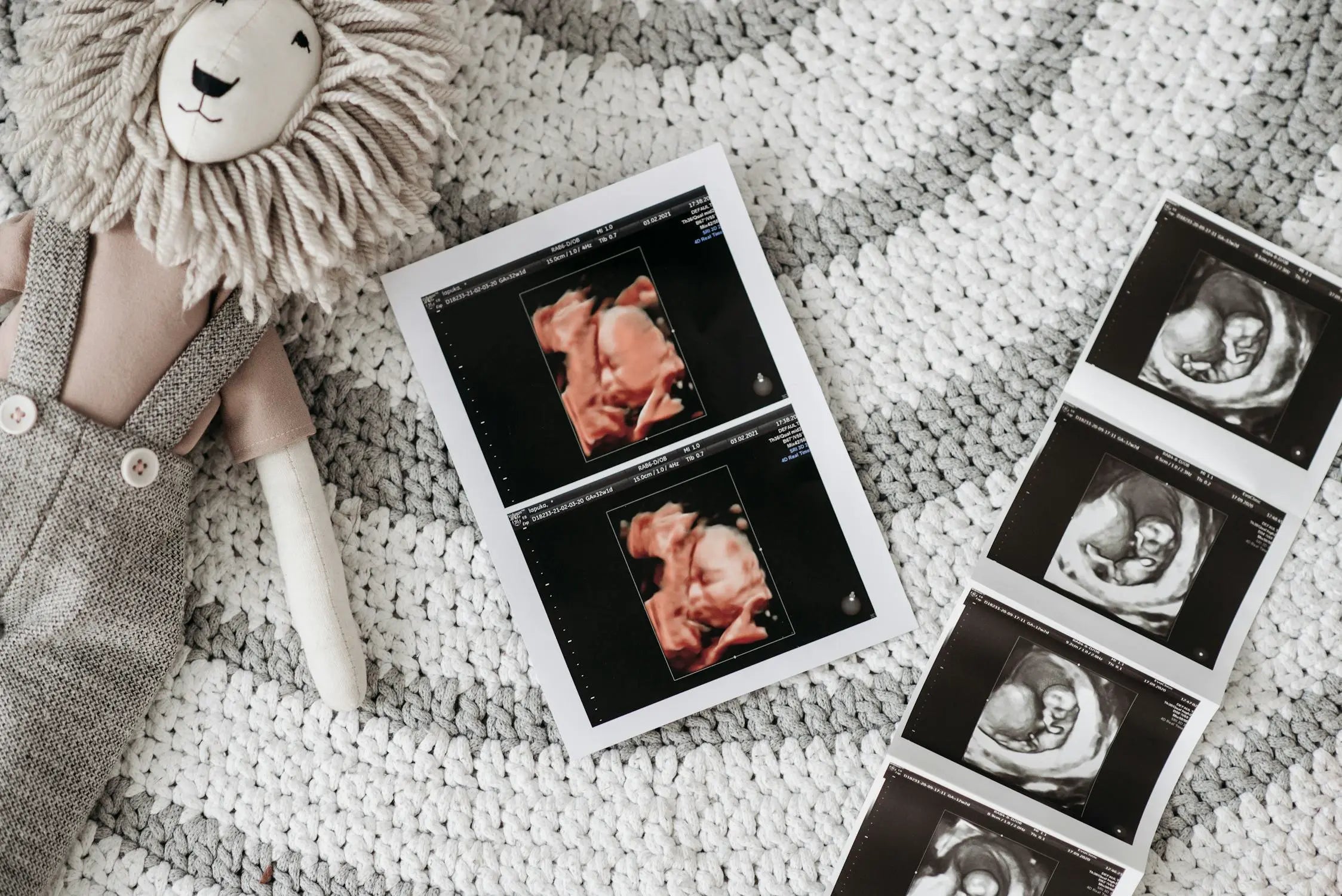Inicio
Pregnancy, Breastfeeding, and Pumping: The Ultimate Guide for Moms
How Many Days Should I Wait Before Taking Pregnancy Test

How Many Days Should I Wait Before Taking Pregnancy Test
Understanding the Basics of Pregnancy Testing
When it comes to determining whether you are pregnant, timing is everything. Taking a pregnancy test too early can lead to false negatives, while waiting too long might delay important prenatal care. Understanding how pregnancy tests work and the best time to take one can help you get the most accurate results.
Pregnancy tests detect the presence of human chorionic gonadotropin (hCG), a hormone produced by the placenta after a fertilized egg attaches to the uterine lining. The levels of hCG increase rapidly in the early stages of pregnancy, doubling approximately every 48 to 72 hours. Most home pregnancy tests are designed to detect hCG levels in urine, but the sensitivity of these tests can vary.
Factors Influencing When to Take a Pregnancy Test
Several factors can influence when you should take a pregnancy test, including the length of your menstrual cycle, the timing of ovulation, and the sensitivity of the test you are using. Here are some key considerations:
- Menstrual Cycle Length: Women with regular menstrual cycles can typically take a pregnancy test about one week after a missed period. However, if your cycle is irregular, it may be more challenging to determine the best time to test.
- Ovulation Timing: Ovulation can vary from cycle to cycle, even in women with regular periods. If you know when you ovulated, you can estimate when implantation might have occurred and when hCG levels would be detectable.
- Test Sensitivity: Some pregnancy tests are more sensitive than others and can detect lower levels of hCG. If you are testing early, using a highly sensitive test may increase your chances of getting an accurate result.
How Early Can You Take a Pregnancy Test?
The earliest you can take a pregnancy test depends on the sensitivity of the test and the timing of implantation. Implantation typically occurs 6 to 12 days after ovulation, and hCG levels start to rise shortly after. Some highly sensitive tests claim to detect pregnancy as early as 6 to 8 days after ovulation, but the accuracy of these early tests can vary.
For most women, waiting until the first day of a missed period provides the most reliable results. Testing too early can result in a false negative, as hCG levels may not yet be high enough to detect. If you receive a negative result but still suspect you might be pregnant, it is advisable to wait a few days and test again.
What to Do If You Get a Positive Result
If your pregnancy test is positive, it is important to confirm the result with a healthcare provider. They can perform a blood test to measure hCG levels and provide guidance on next steps. Early prenatal care is crucial for the health of both the mother and the developing baby.
Once pregnancy is confirmed, your healthcare provider may recommend certain lifestyle changes, prenatal vitamins, and regular check-ups to monitor the progress of your pregnancy. It is also a good time to start thinking about your birth plan and any other preparations you may need to make.
What to Do If You Get a Negative Result
A negative result can be disappointing, especially if you are trying to conceive. However, it is important to remember that a negative result does not necessarily mean you are not pregnant. If you tested early, hCG levels may not yet be detectable. Wait a few days and test again if your period does not start.
If you continue to receive negative results and your period is significantly late, it may be worth consulting a healthcare provider. There could be other factors at play, such as stress, hormonal imbalances, or underlying medical conditions, that are affecting your menstrual cycle.
Tips for Accurate Pregnancy Testing
To ensure the most accurate results when taking a pregnancy test, consider the following tips:
- Use First Morning Urine: hCG levels are typically highest in the morning, so using first morning urine can increase the likelihood of detecting pregnancy.
- Follow Instructions Carefully: Each pregnancy test comes with specific instructions. Make sure to read and follow them carefully to avoid errors.
- Check the Expiration Date: Using an expired test can lead to inaccurate results. Always check the expiration date before using a pregnancy test.
- Avoid Excessive Fluid Intake: Drinking too much liquid before taking the test can dilute your urine and lower hCG levels, potentially leading to a false negative.
When to Seek Medical Advice
If you have concerns about your pregnancy test results or your menstrual cycle, it is always a good idea to seek medical advice. A healthcare provider can offer additional testing and guidance to help you understand your situation better.
Additionally, if you experience symptoms such as severe abdominal pain, heavy bleeding, or dizziness, seek medical attention immediately. These could be signs of a miscarriage or ectopic pregnancy, which require prompt medical intervention.
Understanding when to take a pregnancy test and how to interpret the results can help you navigate this important time in your life. By considering the factors that influence test accuracy and following best practices, you can increase your chances of getting reliable results. Remember, if you have any doubts or concerns, consulting a healthcare provider is always the best course of action.
Compartir
